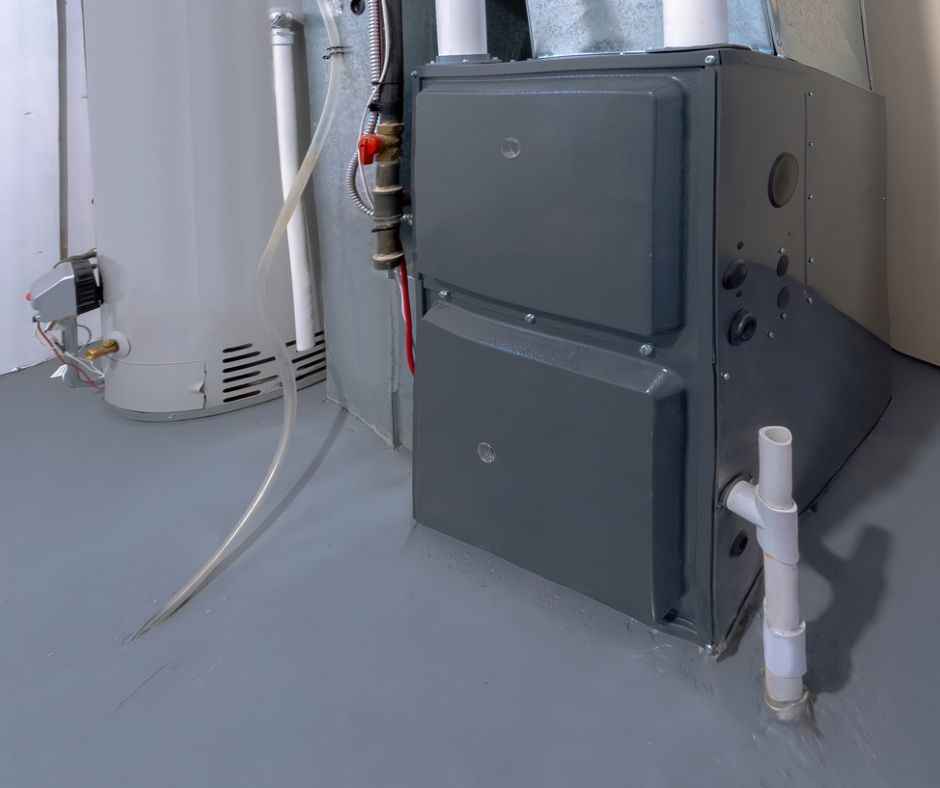
What is Furnace Maintenance?
As colder months approach, ensuring your furnace is in top condition is essential for keeping your home warm and comfortable. Furnace maintenance involves a series of steps to inspect, clean, and tune up your heating system, helping it operate efficiently and prolonging its lifespan. In this guide, we’ll explore the importance of furnace maintenance, what it entails, and how it benefits both your comfort and your wallet.
Why Furnace Maintenance Matters
Furnace maintenance is more than just an annual check-up. It’s a proactive measure that helps prevent costly repairs, enhances energy efficiency, and keeps your furnace running reliably throughout the heating season. Neglecting maintenance can lead to unexpected breakdowns, reduced energy efficiency, and even potential safety hazards, like carbon monoxide leaks.
Regular maintenance can also reduce wear and tear on your furnace, allowing it to function at its best and use less energy. When your furnace is in optimal condition, it doesn’t have to work as hard to heat your home, which can lead to lower heating bills and a more comfortable living environment.
What’s Involved in Furnace Maintenance?
Furnace maintenance involves several essential steps, all of which aim to ensure your system runs smoothly and efficiently. Here’s a breakdown of what’s typically included in a maintenance service:
Inspection of Components
A technician will inspect all parts of your furnace, from the heat exchanger and blower motor to the thermostat and electrical connections. Identifying any signs of wear, corrosion, or malfunction early on can help prevent more severe issues later.
Cleaning the System
Over time, dust and debris can accumulate inside your furnace, reducing its efficiency and potentially affecting indoor air quality. Cleaning tasks typically include removing dust from the blower, fan blades, burners, and other components. This cleaning process helps your furnace operate more efficiently and ensures it’s delivering clean, warm air into your home.
Filter Replacement
A clean air filter is crucial for efficient furnace operation. During maintenance, the technician will either clean or replace the air filter to ensure it’s not restricting airflow. A clogged filter can force your furnace to work harder, leading to increased energy consumption and potential overheating.
Lubrication of Moving Parts
Furnaces have several moving parts, such as the blower motor and bearings, that need to move freely for the system to function effectively. Proper lubrication minimizes friction and helps prevent components from wearing out prematurely, ensuring smooth operation.
Testing System Functions
Finally, a maintenance technician will test the furnace’s essential functions, including the thermostat settings, ignition system, and safety controls. This testing helps verify that your system is operating correctly and can identify any areas that may need adjustments or repairs.
Checking Safety Features
Ensuring that safety controls like the carbon monoxide detector are in working order is a vital part of furnace maintenance. A well-maintained furnace reduces the risk of dangerous issues, such as gas leaks or carbon monoxide buildup, which can pose serious health risks.
How Often Should You Schedule Furnace Maintenance?
Ideally, furnace maintenance should be scheduled once a year, preferably in the early fall before the heating season begins. Annual maintenance helps ensure your system is ready to keep your home warm without interruptions. For homeowners with older furnaces, bi-annual check-ups may be beneficial, especially if the furnace has a history of needing repairs.
Furnace Services in Northeast Florida
For dependable furnace maintenance and expert care, contact Lickety-Split. Our skilled team is here to help with all your furnace needs, ensuring your home stays comfortable and your heating system runs smoothly season after season.
Recent News
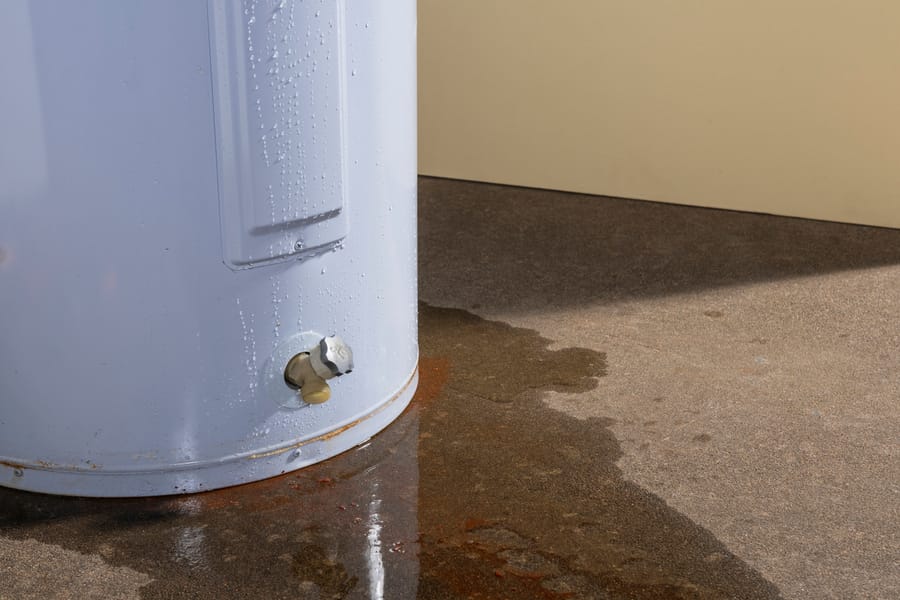
Why is My Water Heater Leaking from the Bottom in Jacksonville?
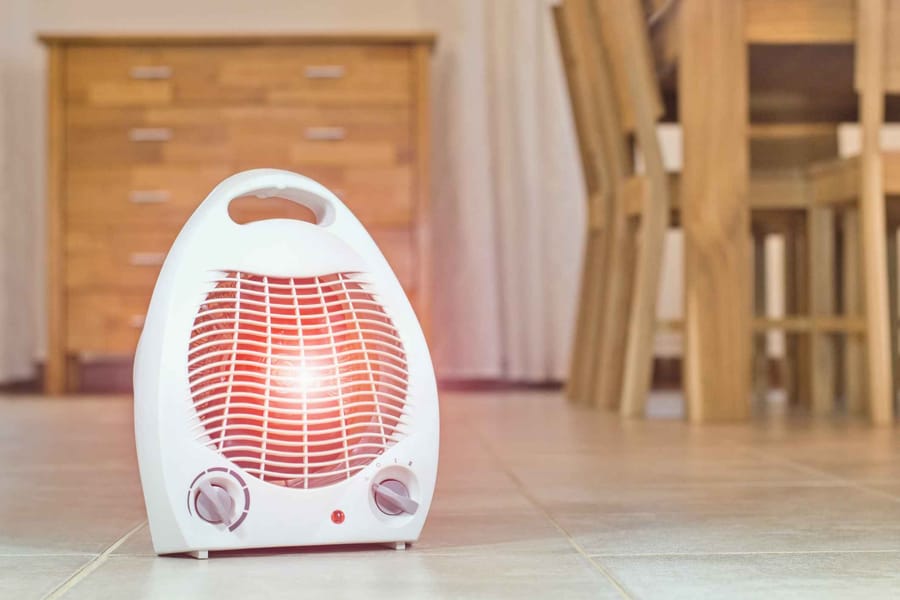
Winter Electrical Safety Checklist for Northeast Florida Homes

Lighting the Night Safely: Outdoor & Holiday Lighting Tips for Florida Winters
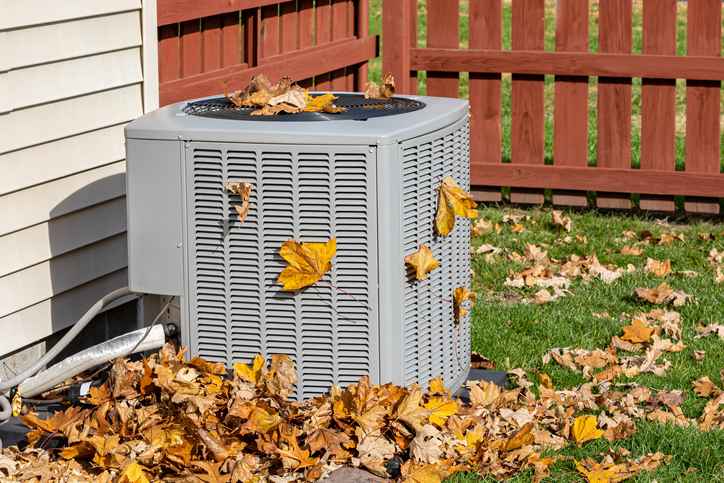
Florida Fall HVAC Tune-Up Guide: Get Your System Ready for Cool Nights & Humid Days

Why Emergency Plumbing Is So Expensive and 4 Ways to Avoid Needing It
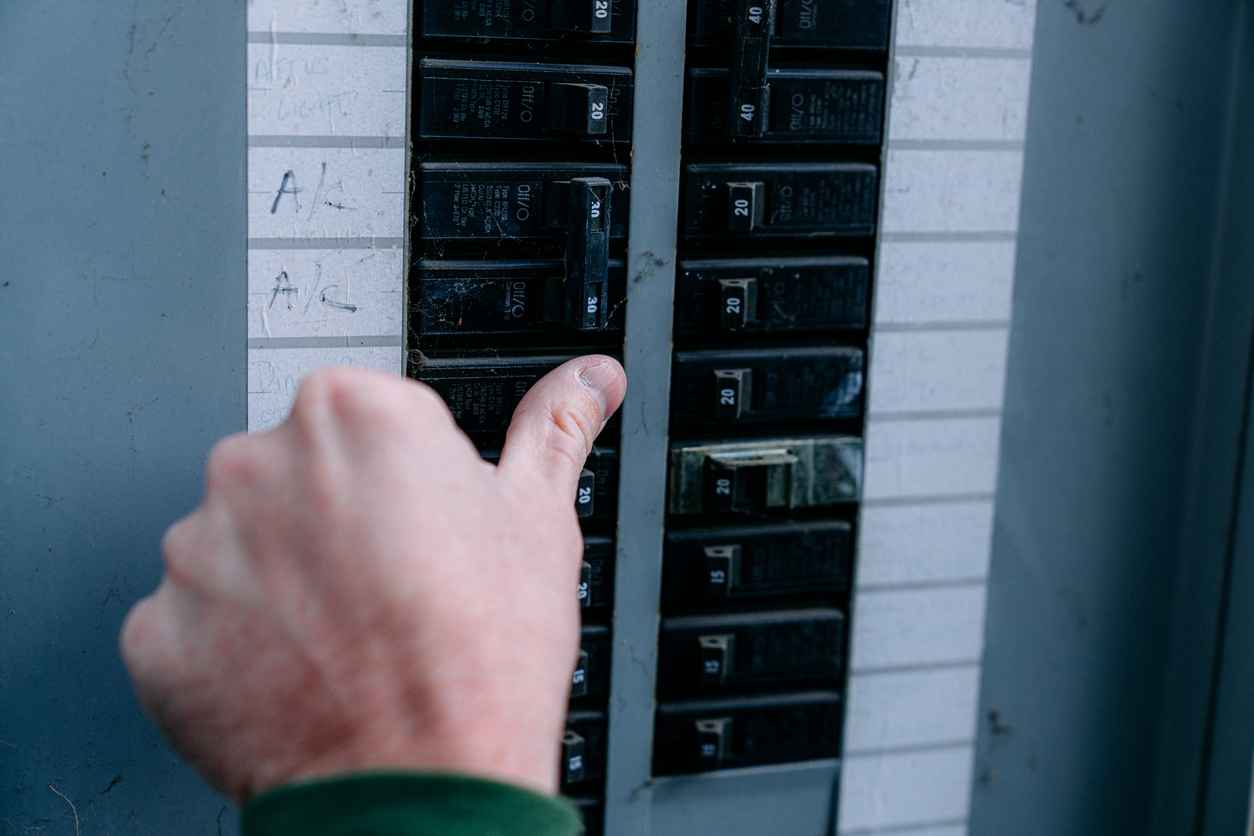
How to Know if You Actually Need a Panel Upgrade
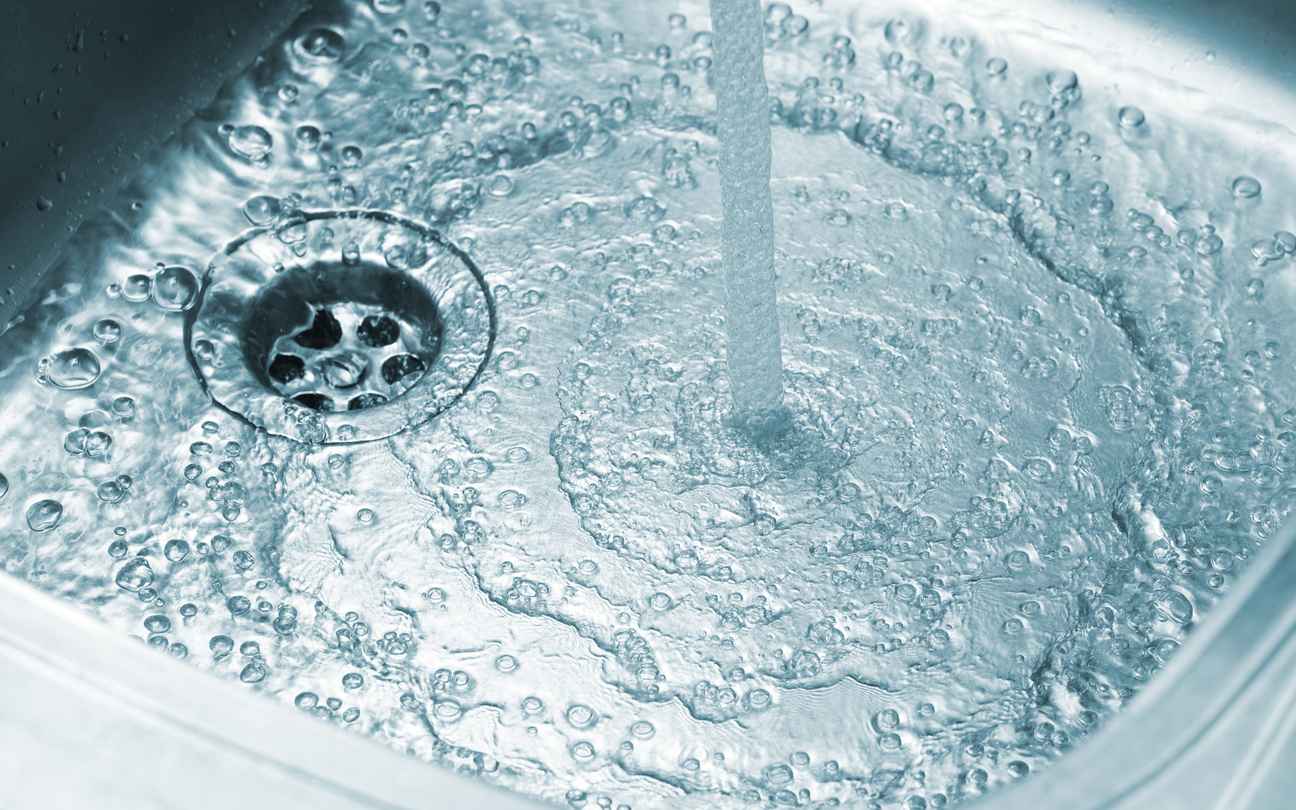
Understanding the Importance of Regular Drain Cleaning

